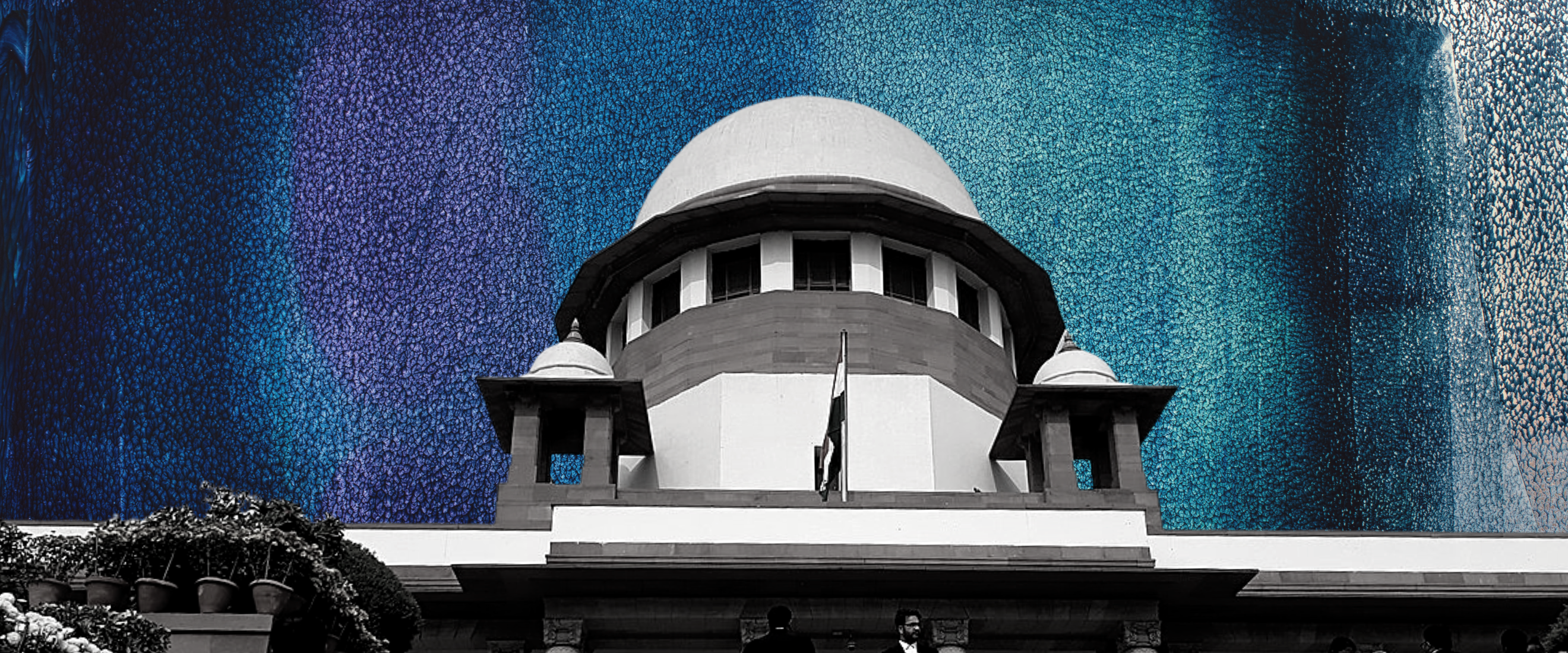Channel
SCO Daily: Hijab Ban Arguments Conclude, EWS Reservations in the Final Stretch
The Supreme Court heard the Union's defence of the EWS reservations and concluded hearing arguments in the Hijab Ban case

Transcript
After 9 days of hearing, Justices Hemant Gupta and Sudhanshu Dhulia reserved Judgment in the Karnataka Hijab ban case today. At the end of day’s hearings, Justice Gupta said ‘Now our homework begins’. The ‘homework’ in this case will indeed be extensive. The Judges have three weeks to deal with the many constitutional questions this case throws up, before Justice Gupta retires on October 16th. Today’s hearing, in which the petitioners’ rebutted the Karnataka government’s arguments supporting the ban, presents a snapshot of the questions this Judgment must consider.
Is the Hijab protected from government interference by Article 25? To answer this question, the Court will have to consider if the Essential Religious Practices test is the appropriate way to decide which practices are constitutionally protected. This question remains pending before the Sabarimala 9-Judge Bench. If the Court decides to base its Judgment on Article 25, a Constitution Bench reference is inevitable.
The Court, the petitioners and the Karnataka government all appear keen to shift the focus of the case from Essential Religious practices to other rights. Today, the petitioners reminded the Court that the ban violates crucial rights to education, free expression through dress, equality, privacy and dignity. Sr. Advocate Ahmadi argued that the government had failed to prove that the wearing of the Hijab in schools violated other citizens’ rights. The ban, according to him, is an act of giving in to the bullying of pressure groups.
Notably, despite Justice Dhulia’s tough questioning, the government provided no satisfactory response to a crucial argument raised by the students throughout the hearing—that the Government Order may appear neutral, but it indirectly disadvantages only Muslim women who need to wear the hijab in public spaces. This may weigh against the government in the final Judgment.
In the Chief Justice’s Court, a Constitution Bench is inching closer to completing final hearings in the challenges to EWS reservations. The Union and State governments finished their arguments in support of income-based reservations today.
Today, Solicitor General Tushar Mehta tackled the 50% reservation limit problem presented by the petitioners. The 50% limit, established through a series of old SC judgments, dictates that reserved seats should not be more than the available unreserved seats in any selection process. The petitioners argued that the 50% is part of the basic structure of the Constitution, and cannot be amended. Mr. Mehta suggested that the 50% limit is flexible according to some of the same Judgments the petitioners invoked, and may be breached in exceptional circumstances.
This argument throws open a wide variety of questions about the 50% limit. Is it a fixed rule, or a flexible guideline? What explains the logic of the limit? Does breaching it cause a grave violation of the right to equality? The Court must engage with all these questions as it unravels the knotty debate about reservation in this case.
Tomorrow will be Justice Indira Banerjee’s final day at the Supreme Court. Visit our website to find out what her impact was in her four years at the Supreme Court.
